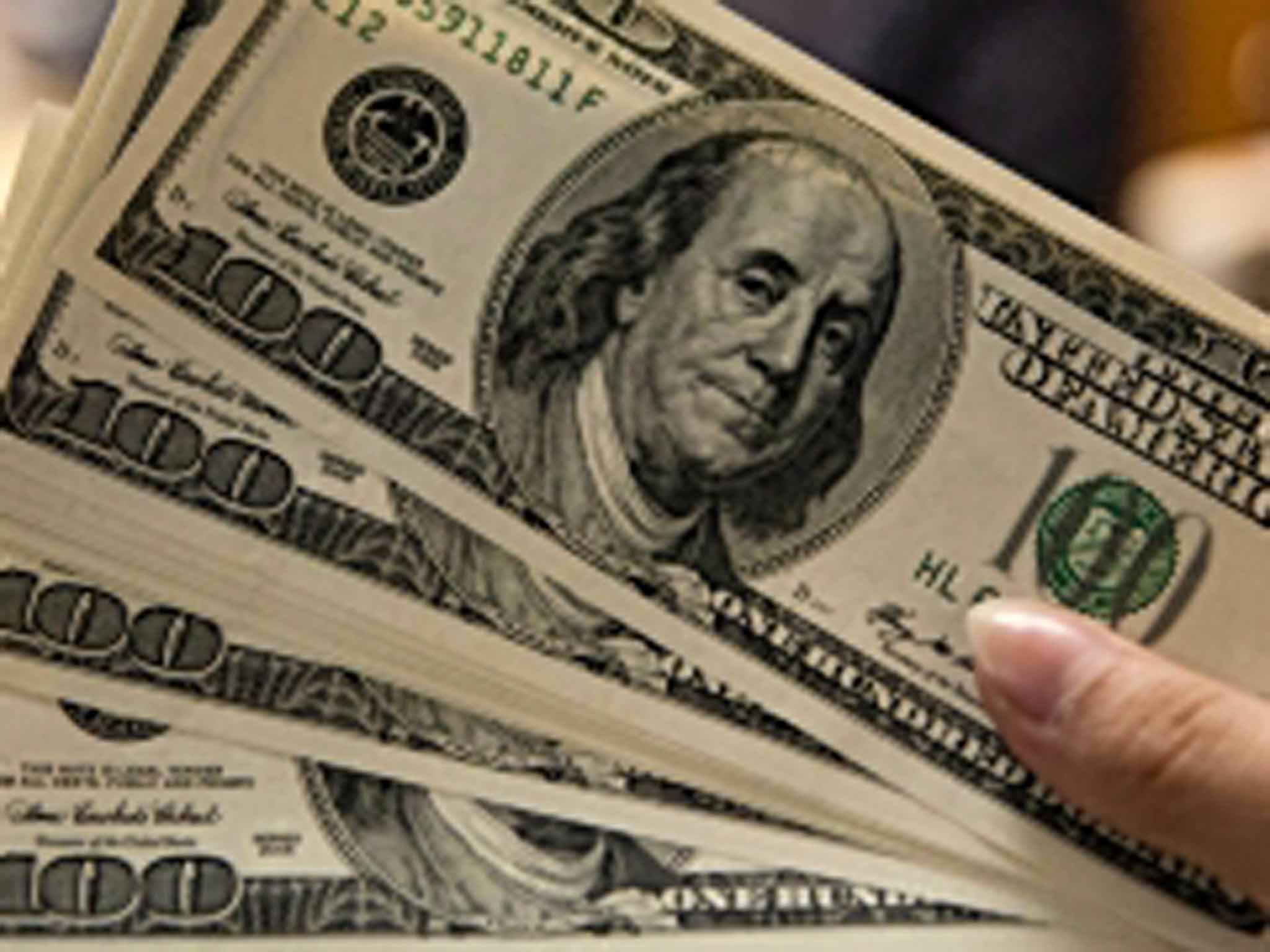How to choose the right hard currency: From the dollar and euro to the plucky pound
Once upon a time, the dollar ruled the world.

Your support helps us to tell the story
From reproductive rights to climate change to Big Tech, The Independent is on the ground when the story is developing. Whether it's investigating the financials of Elon Musk's pro-Trump PAC or producing our latest documentary, 'The A Word', which shines a light on the American women fighting for reproductive rights, we know how important it is to parse out the facts from the messaging.
At such a critical moment in US history, we need reporters on the ground. Your donation allows us to keep sending journalists to speak to both sides of the story.
The Independent is trusted by Americans across the entire political spectrum. And unlike many other quality news outlets, we choose not to lock Americans out of our reporting and analysis with paywalls. We believe quality journalism should be available to everyone, paid for by those who can afford it.
Your support makes all the difference.It used to be said that all the international traveller needed was a passport and a plentiful supply of US currency: every local trader knew the value of their own money against the mighty dollar, and therefore would readily accept American bills (though possibly at a rate calibrated to offer them a distinct advantage).
That calculation still applies in many of the world's nations: much of Africa, Latin America and the Caribbean regards any currency other than the US dollar with a certain amount of suspicion.
Some currencies, such as the UAE dirham, are locked to the dollar at a fixed rate. When Dallas and Detroit get more expensive for British travellers, so too does Dubai. Many English-speaking Caribbean nations are similarly linked, while the Chinese yuan also keeps pace with the dollar.
Several countries are so enamoured of the dollar that they have made it their official currency. Panama, a country carved out of Central America by the US, pretends to have its own money, the balboa, but in practice it's all American. Ecuador, El Salvador and Zimbabwe have gone for the greenback this century: the regime in Harare threw in the financial towel when hyper-inflation meant a beer cost several trillion local dollars.
Yet in some of the countries of Eastern Europe that have not joined the euro, the euro prevails – as it does in parts of the former Soviet Union where the deutschmark was once all-powerful. The French- speaking Caribbean, as well as parts of North, West and Central Africa formerly ruled by France, all shifted their allegiance from francs to euros when the single currency came into existence.
Even the plucky pound finds favour in some locations, notably the remaining fragments of British influence from Gibraltar to South Georgia.
Join our commenting forum
Join thought-provoking conversations, follow other Independent readers and see their replies
Comments